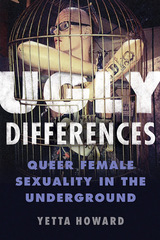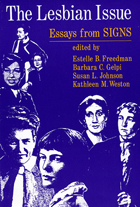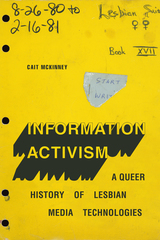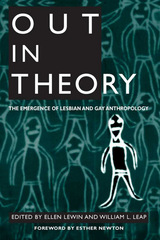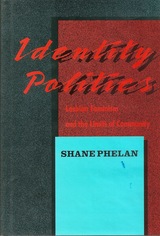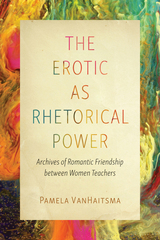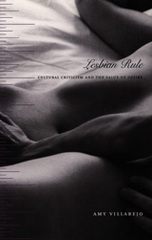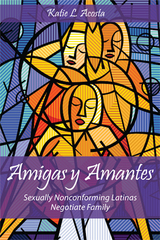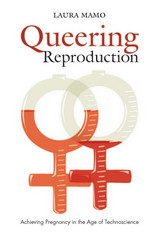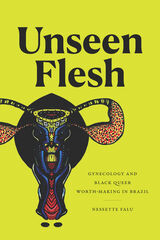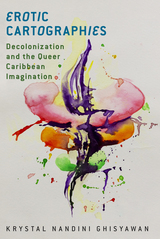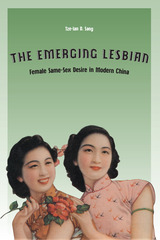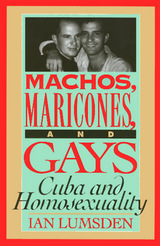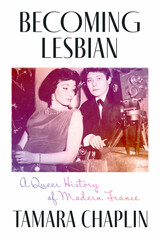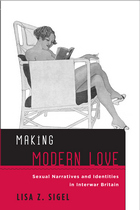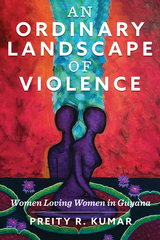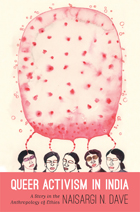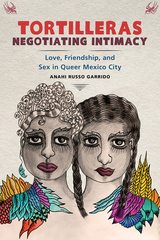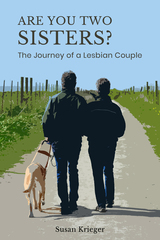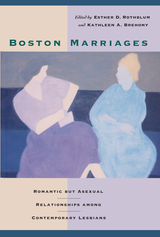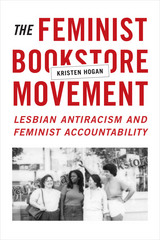Erotic Cartographies: Decolonization and the Queer Caribbean Imagination
Rutgers University Press, 2022
Cloth: 978-1-9788-2137-8 | Paper: 978-1-9788-2136-1 | eISBN: 978-1-9788-2138-5 (ePub NK) | eISBN: 978-1-9788-2139-2 (Kindle) | eISBN: 978-1-9788-2140-8 (PDF)
Library of Congress Classification HQ75.6.C27G45 2022
Dewey Decimal Classification 306.766309729
Cloth: 978-1-9788-2137-8 | Paper: 978-1-9788-2136-1 | eISBN: 978-1-9788-2138-5 (ePub NK) | eISBN: 978-1-9788-2139-2 (Kindle) | eISBN: 978-1-9788-2140-8 (PDF)
Library of Congress Classification HQ75.6.C27G45 2022
Dewey Decimal Classification 306.766309729
ABOUT THIS BOOK | AUTHOR BIOGRAPHY | REVIEWS | TOC
ABOUT THIS BOOK
Erotic Cartographies uses subjective mapping, a participatory data collection technique, to demonstrate how Trinidadian same-sex-loving women use their gender performance, erotic autonomy, and space-making practices to reinforce and resist colonial ascriptions on subject bodies. The women strategically embody their sexual identities to challenge imposed subject categories and to contest their invisibility and exclusion from discourses of belonging. Erotic Cartographies refers to the processes of mapping territories of self-knowing and self-expression, both cognitively in the imagination and on paper during the mapping exercise, exploring how meaning is given to space, and how it is transformed. Using the women’s quotes and maps, the book focuses on the false binary of public-private, the practices of home and family, and religious nationalism and spiritual self-seeking, to demonstrate the women’s challenges to the structural, symbolic, and interpersonal violence of colonial discourses and practices related to gender, knowledge, and power in Trinidadian society.
See other books on: Caribbean & Latin American Studies | Caribbean Area | Decolonization | Lesbian Studies | Sexual behavior
See other titles from Rutgers University Press

